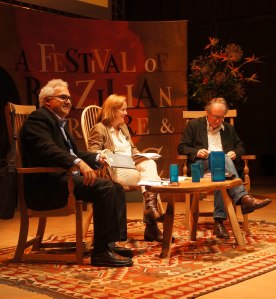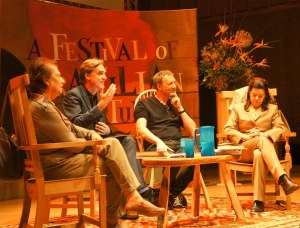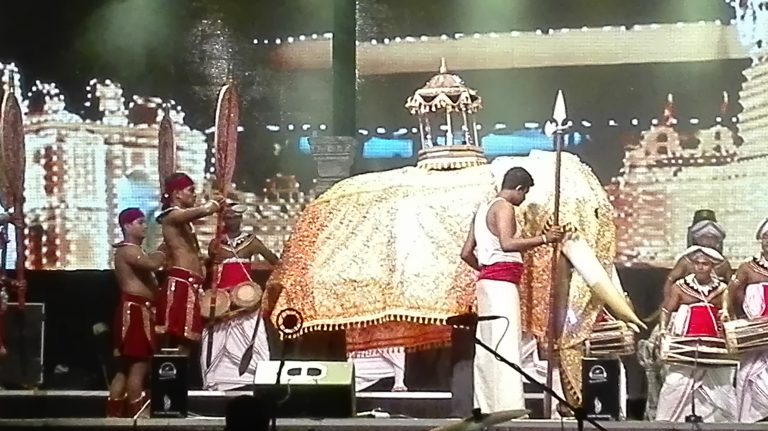Flipside – Festival of Literature and Music – Looking for the Portuguese – Day 1

What is so refreshing about Flip and now Flipside, its English new born baby, is the opportunity to see and feel the contrast of cultures. The first encounter of the day was a discovery and sharing of inspiration between Milton Hatoum and Ian McEwan, two masters of their craft. They explored how different political and cultural traditions influenced their work, but they also found common ground in literary experiment. Milton, of Lebanese heritage, gave a very thoughtful explanation of what it is to be Brazilian, the melting pot, that is only one part Portuguese, perhaps in its food. Milton was born in Manaus, the wild town, that is the gateway to the Amazon. Although leaving, in his teens, he said Manaus is always him, like a spectre, the Holy Ghost. He is the author of Ashes of the Amazon, The Brothers, Tale of a Certain Orient and some short stories. He talked about his recent novel Orphans of Eldorado, which Ian McEwan said is a playful book which reminds him of Tristram Shandy. Ian McEwan shared his love of Brazil and Flip, but also read from Sweet Tooth, his latest work, a spy novel and love story.
A discussion that explored culture and identity was cleverly brought together by the journalist and broadcaster Kirsty Lang. Some of the questions from the audience, concerned fear, fear of the decline of culture. Ian McEwan cleverly put that fear to bed with a one liner, “UKIP will not be determining our reading”. What became clearer in the discussion was the role (and lack of real influence) the CIA had in determining Brazilian culture. Ian was asked about writing for “Encounter” which was funded by the CIA. His response was “just because the CIA thought it, does not mean it was not true”. He said “Many writers and poets contributed to “Encounter” and the magazine later received other funding”.
The second event was a privilege and a pleasure to attend Patricia Melo, Ana Maria Machado, (both authors) and Misha Glenny, shared their experiences and extensive knowledge of Brazilian culture, not least the urban underworld of crime. Ana Maria Machado, who lives in Rio, is one of Brazil’s leading writers for children. She brought spirit to the stage, as Paul Heritage, chaired, what could have been a overly complex collision of thought and experience between these writers.
Misha Glenny is developing a programme for Radio 4 called “The invention of Brazil”. He said having worked in Dubai, where no one wants to share information, Brazil was a place where everyone talks. Of the Portuguese, he said, “they arrived, put out their deck chairs and that was that”, unlike the Spanish Colonizers that did not venture far into the interior. I asked him later about the role of the Portuguese in Brazil and whether the Radio 4 programme will consider “What the Portuguese did for us”. 
The first two programmes will cover Portuguese involvement in Brazil and it will explore more than fraternizing with the natives and producing babies.
Patricia Melo read from her book Inferno, researched in the late 1990’s, a collection of short crime stories. She reflected on the changes in Brazil since the writing of the book. What all three writers had in common was the positive outcome there will be to the World Cup, as Brazilians know how to thrown a party. More photos and coverage of day one to follow.
